The Dying Earth is the first of Jack Vance’s Tales of the Dying Earth and contains six somewhat overlapping stories all set in the future when the sun is red and dim, much technology has been lost, and most of humanity has died out. Our planet is so unrecognizable that it might as well be another world, and evil has been “distilled” so that it’s concentrated in Earth’s remaining inhabitants.
But it’s easy to forget that a failing planet is the setting for the Dying Earth stories,
Read More

 (1916-2013)
(1916-2013)












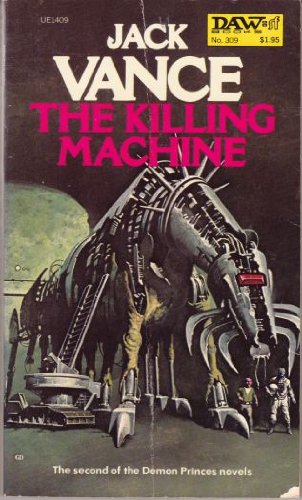


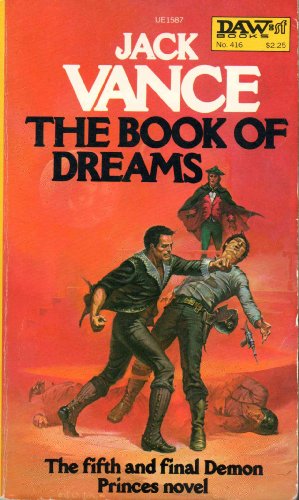















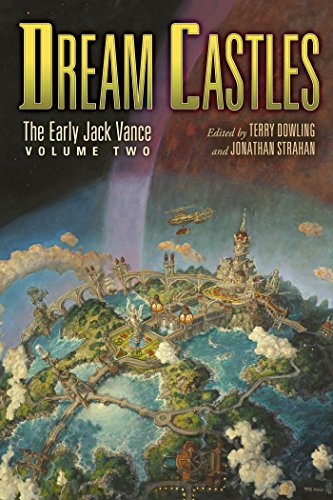


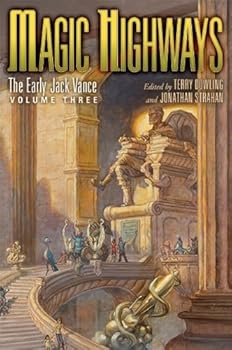
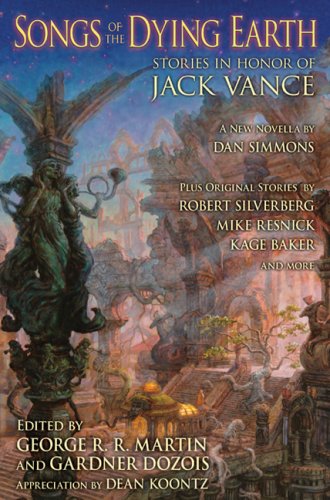



Do it! One of the best things I've read in recent years.
This reminds me. I want to read Addie LaRue.
We’re in total agreement David!
I felt just the same. The prose and character work was excellent. The larger story was unsatisfying, especially compared to…
Hmmm. I think I'll pass.